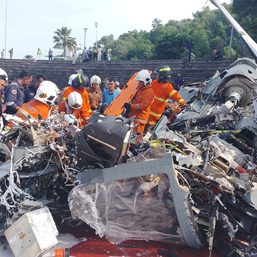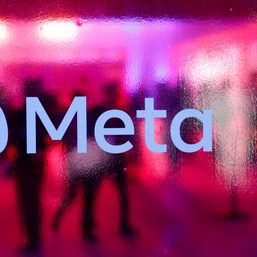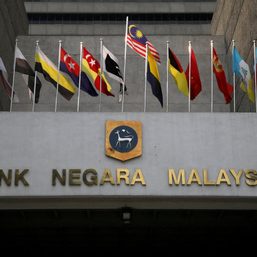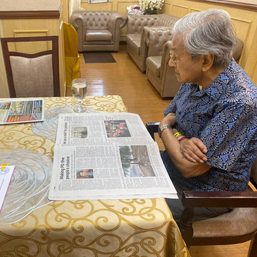SUMMARY
This is AI generated summarization, which may have errors. For context, always refer to the full article.

MANILA, Philippines – When United Nations Secretary-General Ban Ki Moon’s declared 2012 as the “International Year of Sustainable Energy for All” it was an acknowledgment of the importance of sustainable energy to a nation’s growth and development.
Jim Ayala, chairman of Stiftung Solarenergie or the Solar Energy Foundation (StS) is taking the UN’s declaration to heart. In the case of developing countries like the Philippines, Ayala asked, “How do they develop on a low carbon path?”
StS “provides sustainable access to solar energy” to off-grid and far-flung villages all over the country. To raise funds and awareness, the foundation is organizing “Run for Light” on July 21 at Fort Bonifacio Global City in Taguig. The proceeds of this event will provide solar lamps for households and villages nationwide that do not have electricity.
Living Off-Grid
The unique problem of energy access in the Philippines is “a function of geography,” said Chinie Canivel, StS program manager and officer-in-charge.
The ones most affected are those who live in the rural areas, especially those in extreme locations: along coastlines or in the mountains. Building gridlines for these areas is too expensive and often not feasible.
The National Statistical Coordination Board (NSCB), in a study made in 2004, revealed that only 30.4% of the ultra-poor in the country have access to electricity compared to the 90.1% of the well-off.
“You cannot develop without electricity,” Ayala said, adding that the reason that they very poor are poor is precisely “because they have no access (to electricity).”
Trademark yellow lamp
Canivel shared the story of one family whose income was repeatedly depleted because of fruit bats eating their lanzones. The family used StS’ solar lamp to chase the bats away, and this resutled in extra income being enough to buy the family a new motorcycle.
A study made by Planète d’Entrepreneurs in 2011 showed that the families gained an average of P1,421 in their monthly income because of the solar lamp. The families save more – and are safer – using the solar lamp than kerosene.
Solar energy is still more expensive than if the families had grid electricity. Each unit costs P3,000.
To date, StS has distributed 1,350 units. Its sister organization, Hybrid Social Solutions, has sold 5,000 units through different NGOs to communities all over the country. These units are sold on loan or rented to the community, therefore allowing the project to be self-sustaining.
Sustainability is in the systems
Ayala also told the story of a fishing community now planning on investing in a refrigeration system. They no longer need to sell their catch immediately.
They can now preserve the fish and sell their catch for a higher price. This is one of the possibilities opened by the accessibility of electricity in their lives.
“Hindi buhos lahat” (You don’t simply give everything) was his response when asked about the difference of the local approach to its international counterpart. Instead of offering philanthropic solutions, Ayala prefers a social enterprise approach. One “cannot solve all problems purely on donation.”
Ayala spoke about the depth and the breadth of the project. The breadth is certainly apparent: over 6,000 units distributed, and a large-scale fun run. But it is depth which is difficult to achieve, inasmuch as it is important: to provide systems that will allow communities to lift themselves from poverty.
This means that StS does not limit itself to giving away these solar lamps. The StS network with the NGOs ensures that the communities are taught how to maintain the solar lamps and to explore their applications. The NGOs also help StS develop loan mechanisms tailored to the needs of each community.
The goal is to eventually create solar-powered communities of 200 to 300 households. The first community will be in El Nido, Palawan.
For Ayala, a paradigm shift is needed for standalone electrical systems to happen. “Our paradigm with electricity is kung walang Meralco, walang kuryente” (without Meralco, there can be no electricity).”
The situation now is no different from that which prevailed more than a decade ago with PLDT’s monopoly over telephone lines. The entry of other telephone companies and cellphones has revolutionized the way people communicate.
Ayala hopes solar energy can be the same match stick that can revolutionize energy access in the Philippines. – Rappler.com
Erratum: The date for the event, Run for Light, was previously reported as June 12, when it should be July 21. We regret the error.
You might like:
- The Filipina who proved Einstein right
- Can informal settlers co-exist with the rich in the big city?
- The stuff topnotchers are made of
Elsewhere in Rappler:
Add a comment
How does this make you feel?





There are no comments yet. Add your comment to start the conversation.